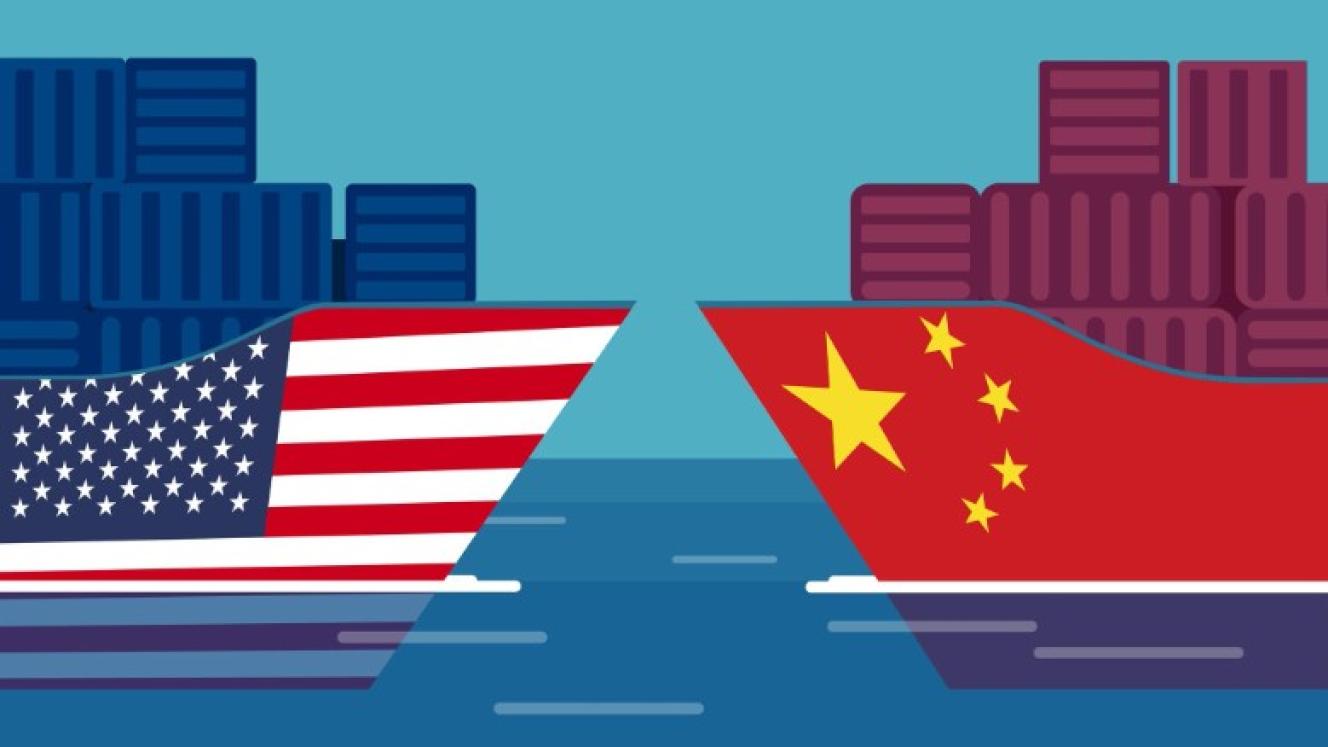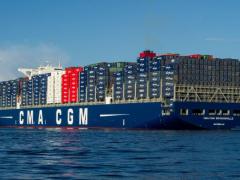The United States is set to enforce a new port entry fee regime targeting Chinese vessels, marking the latest development in what critics describe as a “pay-to-play” approach by American authorities.
From October 14, ships owned or operated by Chinese entities entering US ports will be required to pay substantial fees under a system introduced by the US Trade Representative (USTR).
The fees, which begin at $50 per net tonne in the first year, will increase annually to reach $140 per net tonne by 2028.
Enforcement of the system will be carried out by US Customs and Border Protection (CBP), which will require vessels to prove that the correct port call fee has been paid. Failure to comply may result in ships being denied cargo operations or having their departure clearance withheld, effectively barring them from calling at US ports.
The measure is part of a broader effort by the US government to counter China’s dominance in maritime logistics and shipbuilding. The USTR’s initiative aims to support American maritime interests by imposing significant financial obligations on Chinese-linked vessels, thereby levelling the playing field for US shipping companies.
Industry observers note that the enforcement of these fees represents a significant escalation in trade policy, directly impacting China’s maritime presence in key US ports. It remains to be seen how the shipping industry will adapt to the new requirements and what impact this will have on global supply chains.
The USTR’s latest move underscores the growing tensions between the two nations, extending beyond tariffs and trade disputes into the strategic domain of maritime commerce. As the deadline for enforcement approaches, Chinese shipping operators are scrambling to comply with the new regulations or risk being excluded from important American markets.
This development has stirred concern among global shippers, who warn that it may lead to increased costs and operational challenges for vessels engaged in transpacific trade. Nevertheless, US authorities maintain that this policy is necessary to safeguard national economic interests and promote fair competition in the shipping sector.
The new fee structure and its enforcement protocols reflect Washington’s determination to assert greater control over maritime trade practices involving China, signalling a new phase in the complex economic relationship between the world’s two largest economies.













